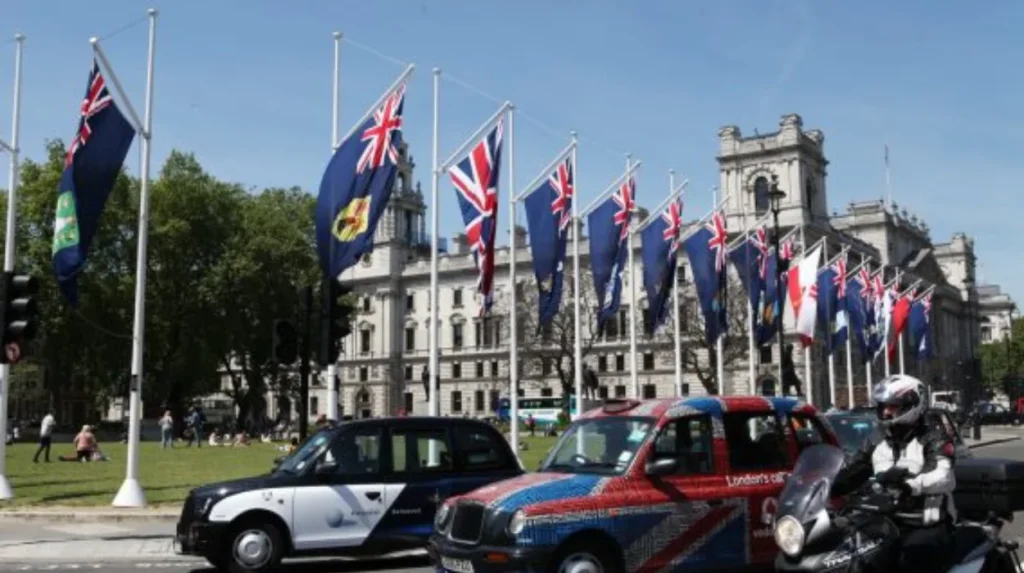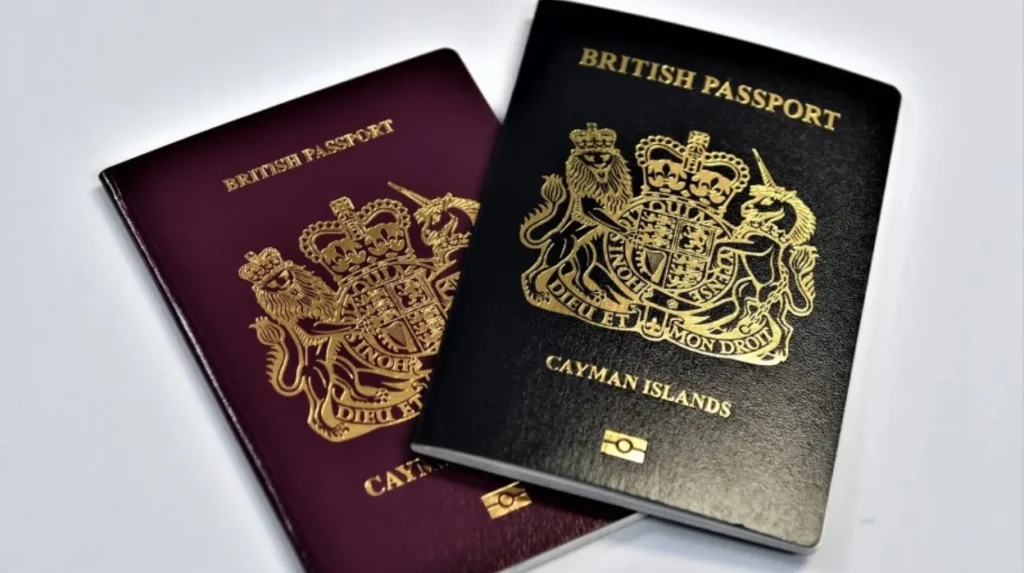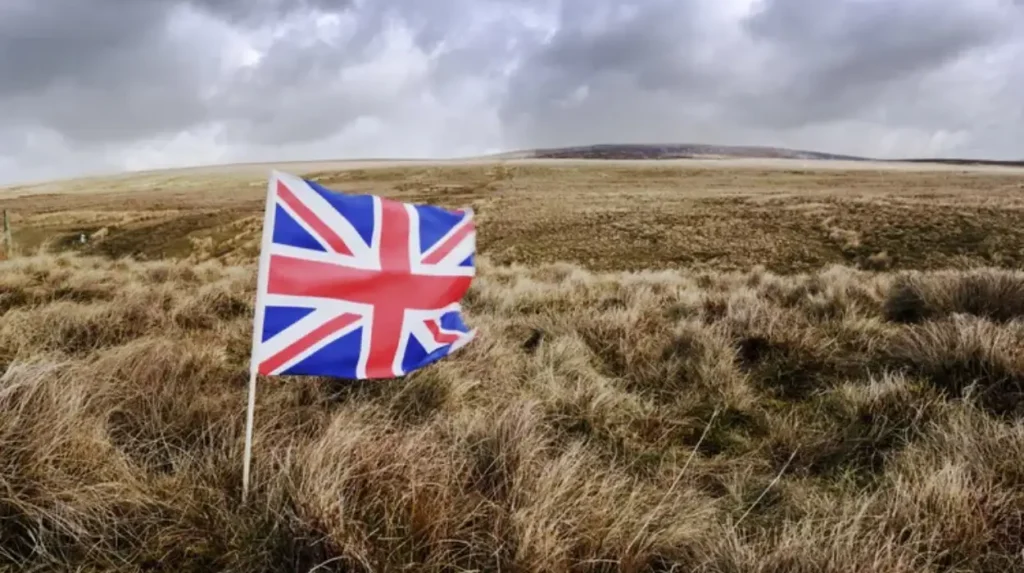British Overseas Territories (BOTs) are very special places in the fact that they are owned and governed by the UK and are located outside the British Isles/national boundaries. As many British citizens will be looking to see whether they have any potential opportunities to live in British Overseas Territories and what this might entail, we will identify the main things you should be conscious of to get an idea of British Overseas Territories in relation to residency rights, different lifestyles, and work opportunities.
What are British Overseas Territories?
British Overseas Territories are portions of the infrastructure of the British Empire and all have their own distinct culture, legal system, and immigration restrictions. Currently, there are 14 territories, including Bermuda, Gibraltar, and the Falkland Islands. Although they are part of the UK, they are mostly self-governed.
All the territories have a constitution and laws and local authorities, which makes the position of British citizens with respect to residency rights somewhat different. Some BOTs may not have any immigration controls at all for British citizens, while some BOTs have immigration controls that require visas or work permits.

1. Residency Rights for British Citizens in Overseas Territories
British citizens do not have an automatic right to live in all BOTs. In some BOTs, like Gibraltar, British citizens can move and work freely without special permission. In certain BOTs, such as Gibraltar, British citizens can freely move and work without special permission. In other territories like Bermuda or the Cayman Islands, residents (and UK citizens) must comply with some kind of local law residency or work permits. The key is whether you have British Overseas Territories Citizenship (BOTC) for that territory because the BOTC could give you easier rights to reside without any restrictions. Without BOTC, you may be subject to the same procedures as other foreigners.
2. Importance of British Overseas Territories Citizenship (BOTC)
British Overseas Territories Citizenship is a nationality status of citizenship to a particular territory. It is possible to hold both BOTC and full British citizenship. BOTC status generally gives a person the right to reside within the territory without any restriction. For example, if someone has been born in the Cayman Islands to BOTC parents, they are permitted to remain in the Cayman Islands indefinitely.
British citizens without BOTC may secure long-term residency through sponsorships for work, through marriage or partnership with a local resident, or through an investment threshold. As such, this distinction is quite important when thinking about the move.
3. Immigration Rules and Entry Requirements
Entry requirements can vary greatly from one territory to another. Most have open-door policies that allow entry for British citizens, like Gibraltar. Some permit an entry as a visitor, but if you want to live and work there, you must get pre-approval or apply for a work permit, like in the British Virgin Islands.
Some smaller territories take a harder line on immigration/entry. This is because their populations are small, so limited resources must be appropriately managed; understand the immigration laws and regulations prior to arriving in the territory. Visitor status is usually an easy process to obtain, but transitioning into residence in the territory involves a more formal application process.
4. Employment in British Overseas Territories
Each territory’s government is responsible for laying down the rules governing employment. In many BOTs, even if you were applying for a job as a British citizen, the employer would first have to prove there were no local applicants prior to being permitted to hire you. After that, work is costly and limited to a specified amount of time.
However, now that Gibraltar has a well-established economic relationship with the UK and the EU, there may be more opportunities for British citizens’ job applications for employment. There are differences regarding job availability due to their economic activity, so take that into consideration. Tourism, financial services, maritime services, and offshore oil and gas are some of the higher employment sectors. The availability of jobs in British overseas territories will vary depending on size and economic activity.

5. Cost of Living and Housing Considerations
British Overseas Territories typically have high living expenses compared to the UK, and even more so in remote islands that completely rely on imported goods. Some territories, such as Bermuda and the Cayman Islands, can be known for high rents and property prices; some territories, such as the Falkland Islands, produce good affordable housing and living expenses.
It is important to take into account information regarding housing availability, property ownership, and rental laws before one plans for a departure. Many territories prohibit foreigners, including British citizens, from purchasing properties.
6. Access to Health and Social Services
The quality and availability of health systems in British Overseas Territories varies widely. While Gibraltar offers health services similar to the UK, many overseas territories have varying access to health services, and some may not have specialist facilities, and residents need to travel abroad for treatment.
Health insurance is often required for expatriates. Knowing how the health infrastructure works should be researched prior to a move, particularly if expats have ongoing issues requiring treatment.
7. Balance of taxation and financial implications
Many British Overseas Territories operate as tax-friendly jurisdictions with little or no income tax, capital gains, or inheritance tax. This can be for expatriates, but tax residency legislation and adherence to UK tax obligations need to be examined and properly understood. There are strict financial regulations in many territories, especially in offshore financial centers. British citizens should consult a tax adviser regarding their tax liability in both the territory and the UK.

How to Apply for Residency in a British Overseas Territory?
Application processes differ, but routes to residency include working for a local company, investing in property or a company, marrying a resident, or proving family links. An application often requires background checks, confirmation of income, and medicals. Some territories allow for permanent residence after residency for a number of consecutive years. Understanding the requirements before you get there will make assimilation easier.
Life in Overseas Territories
It is possible to live in a British Overseas Territory as a British citizen, but it will not always be an easy process. Each territory has its own immigration, residency, and work requirements, so there will be quite a variation in process. Some areas welcome British citizens with unrestricted access and make them feel comfortable right away.
Others put strict controlling processes into place to manage their visitors. It is essential before relocating to familiarize yourself with local laws, your standard of living, the cultural environment, and employment opportunities in the country you plan to relocate to. Once you are able to identify these steps with adequate preparation, you can experience a semi-unique lifestyle in a British Overseas Territory, between British heritage with complex global influence.


